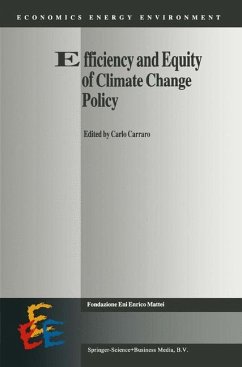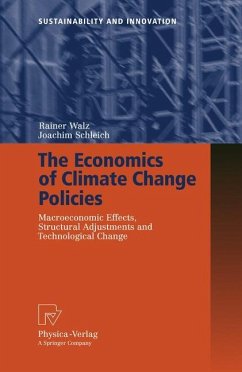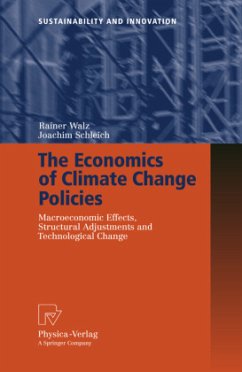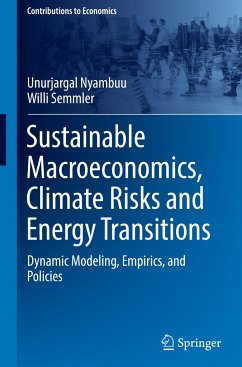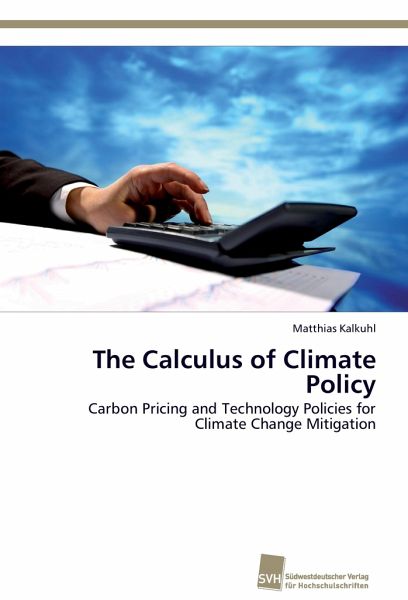
The Calculus of Climate Policy
Carbon Pricing and Technology Policies for Climate Change Mitigation
Versandkostenfrei!
Versandfertig in 6-10 Tagen
59,99 €
inkl. MwSt.

PAYBACK Punkte
30 °P sammeln!
Unmitigated climate change is a serious threat for humankind. Although uncertainties regarding the magnitude of global warming and its impacts remain, there is a broad political consensus to drastically reduce greenhouse gas emissions. This book analyzes different policy instruments to reduce carbon emissions like taxes on emissions, emissions trading schemes and policies promoting renewable energy or carbon capture and sequestration. With small analytical models and with a comprehensive computable general equilibrium model the effect of these instruments on emissions, welfare, energy prices a...
Unmitigated climate change is a serious threat for humankind. Although uncertainties regarding the magnitude of global warming and its impacts remain, there is a broad political consensus to drastically reduce greenhouse gas emissions. This book analyzes different policy instruments to reduce carbon emissions like taxes on emissions, emissions trading schemes and policies promoting renewable energy or carbon capture and sequestration. With small analytical models and with a comprehensive computable general equilibrium model the effect of these instruments on emissions, welfare, energy prices and rents is studied. Although a price on carbon emissions is the most important instrument in the long run, subsidies on low-carbon technologies can increase efficiency when they target innovation-related market failures. Technology policies can also be a pragmatic second-best alternative if carbon prices are too low or temporary missing. The analysis provides a valuable contribution to current political debates about the optimal mix of policy instruments to mitigate global warming.



